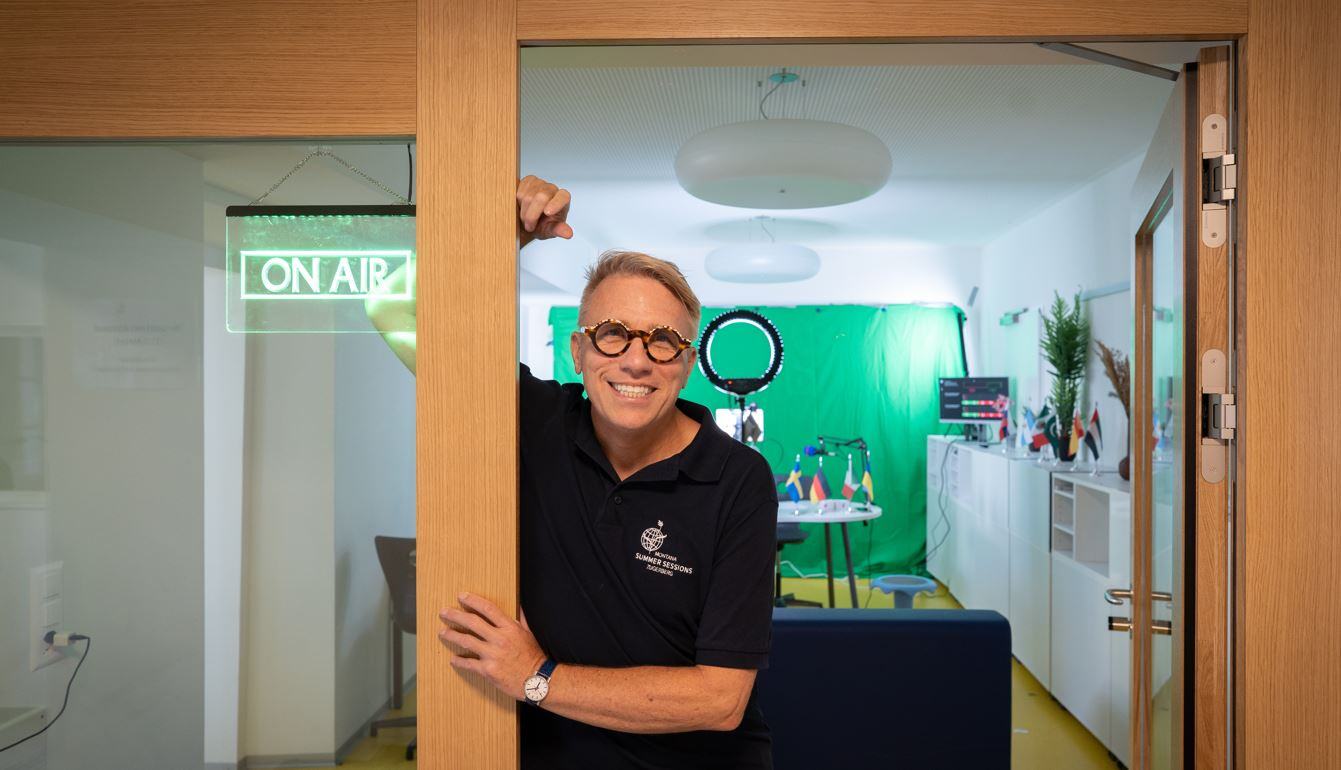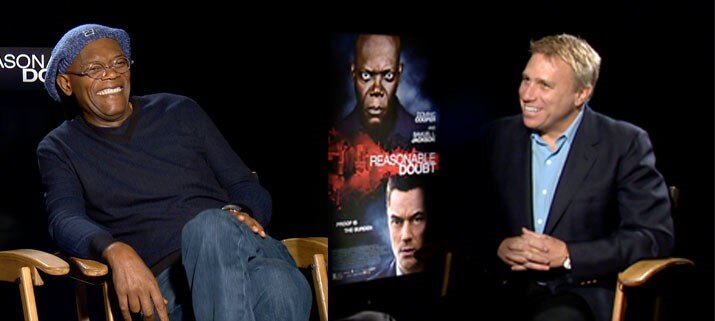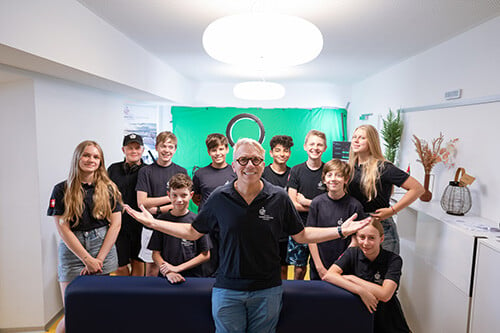Cary Harrison (who attended the school as a boarder, Carroll H. Sudler IV, from 1974 to 1977) is among them. This entrepreneur, performer, producer, creator, coach, and radio host is now a resident of sunny California and Florida. He has reappeared at Summer Sessions (and inspired the creation of our very own radio station) – even making a splash at the Homecoming. We were fascinated to hear his memories of Montana and to understand (and share with you) what makes the school so special.
Yes, there were the friends, yes, there was being surrounded by the glories of nature, these were important. But, insightfully and eloquently, Cary brought the impact of a Montana education into perspective. This has stayed with him.
“One cannot understress the value of experiential learning. Different from the average high school in the US, for instance, you don’t just sit in a classroom and try to receive data deemed useful by the instructor. Montana teachers had passion in their instruction and helped us understand where, when, and how we could later use this knowledge.”
When asked to tell us the one thing he learned at Montana that has been most valuable in his life after school, he was very clear:
“Critical thinking, in which you are always invited to always look under (like a scuba diver), over (like a satellite), or through (like Swiss tunnelling), when warranted. Nothing was handed to us as absolute fact and we were always encouraged to “learn more” on our own.”
There were three outstanding teachers who stand out in Cary’s memories
New Zealander Francis Stockwell taught German. “He was a Rhodes Scholar who treated language with the same care as his gift of music”, which was considerable as displayed on the grand piano in the Aula in recitals of Liszt, Chopin, and Rachmaninoff. Mr Stockwell would bring music alive by adding “pithy backstories” about these famous composers. His performances were “live demonstrations of what humans can do when they develop a passion and pursue an artform”, especially true when it came to that great concerto by Ravel, played only with the left hand*. Such an accomplishment from your teacher – now that sticks in the memory.
Biology teacher John Mather encouraged his students to not only familiarise, but memorise the entire textbook. But Cary points out that this was about much more than being able to recite facts in rote-parrot fashion. “It is in the physical rewriting of the material where the learning takes place. Much more effective than memorisation, which does not require even a basic understanding of information; just the ability to recite. In writing, you actually embed information differently from mere reading or speaking it. Mr Mather also made learning take root with stories:
“Much of our biology regaled the adventures of Chuck Darwin aboard the Beagle and how gobsmacked he was during his encounters in the Galapagos. When science and biology are presented in adventure form, like Pirates of the Caribbean, it is easier to ride along and savour the experience.”
This, as Cary pointed out, is the critical principle in good teacher – “the art of mixing humour and storytelling. Plus, Kiwis are known for their playful use of language, metaphors, and ribald twists of mundane phrases”.
At the time, Peter Oehrlein was the “boss”, the Dean of the American Section. As well as teaching, he ran the ship with a steady hand that always kept an eye to fairness. From him, following his example, students learnt how to deal with others “without overreaching or under-communicating”. A skill, as Cary points out, people can pay a fortune on learning later in life.
The sense of camaraderie that fills the lives of students at Montana, well-seasoned by the international environment in which friendships grow, meant a lot to Cary. Class nights involved “producing an entanglement of plays, hosted by students from all over the world”. Day-to-day life instilled a perspective on the world that encapsulates what it means to be a global citizen:
“In today’s “outside” world, it might not be as easy for an American to talk philosophy with a Russian; antique cars with a Pakistani; Aboriginal “dreamtiming” with an Australian; or World War II theory with a German friend. This might be but a typical Tuesday at Montana, but such opportunities are not generally or easily available without a special, still-independent open-minded school like Montana.”
All this experience and surrounded by the beauty of the Zugerberg. Cary reminded us how lucky we are to live, learn and work on the mountain.
“The care and protection of Nature is unparalleled. To have such an exquisite setting above the clouds is more opening to the mind than the brick rooms and cluttered streets in which many of the world’s children find themselves “forced” to learn. For many, school is merely a corral, a containment to remove the daytime hours while the parents are at work. For Montana, it is an Indiana Jones adventure.”
Come back whenever you want, Cary Harrison
*Ravel wrote the concerto for the Austrian concert pianist Paul Wittgenstein, who lost his right arm during World War I.



